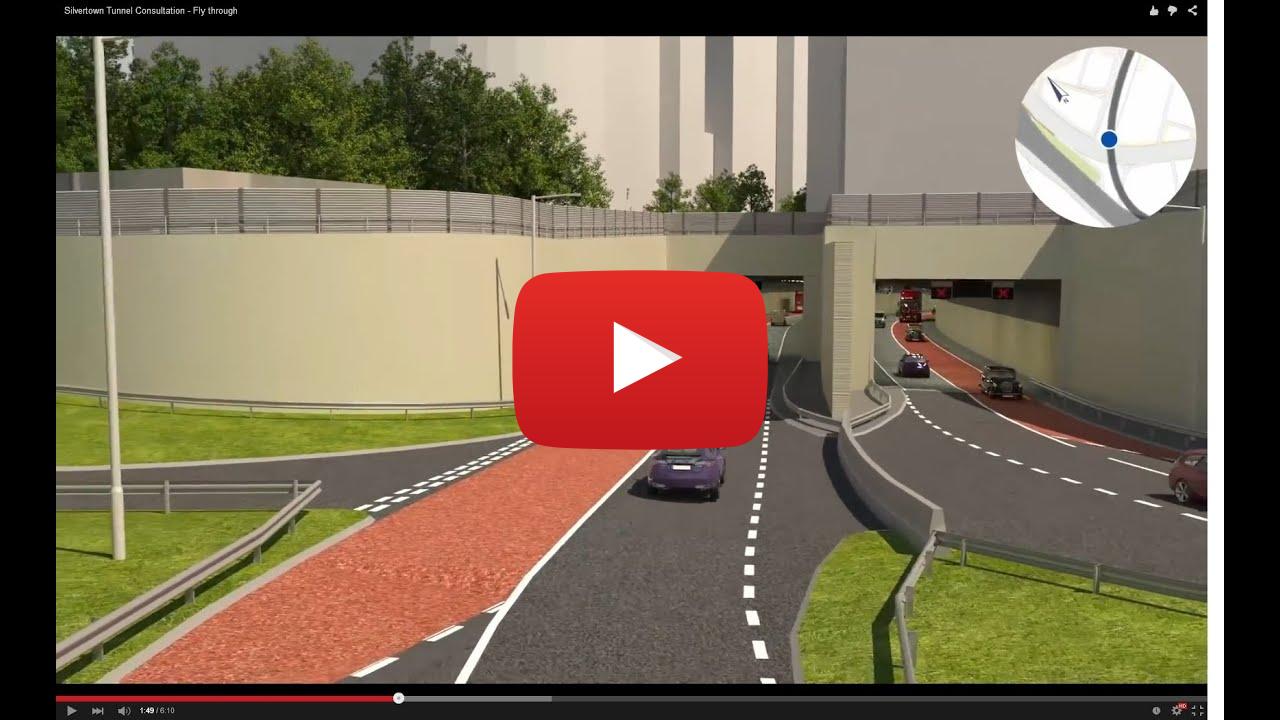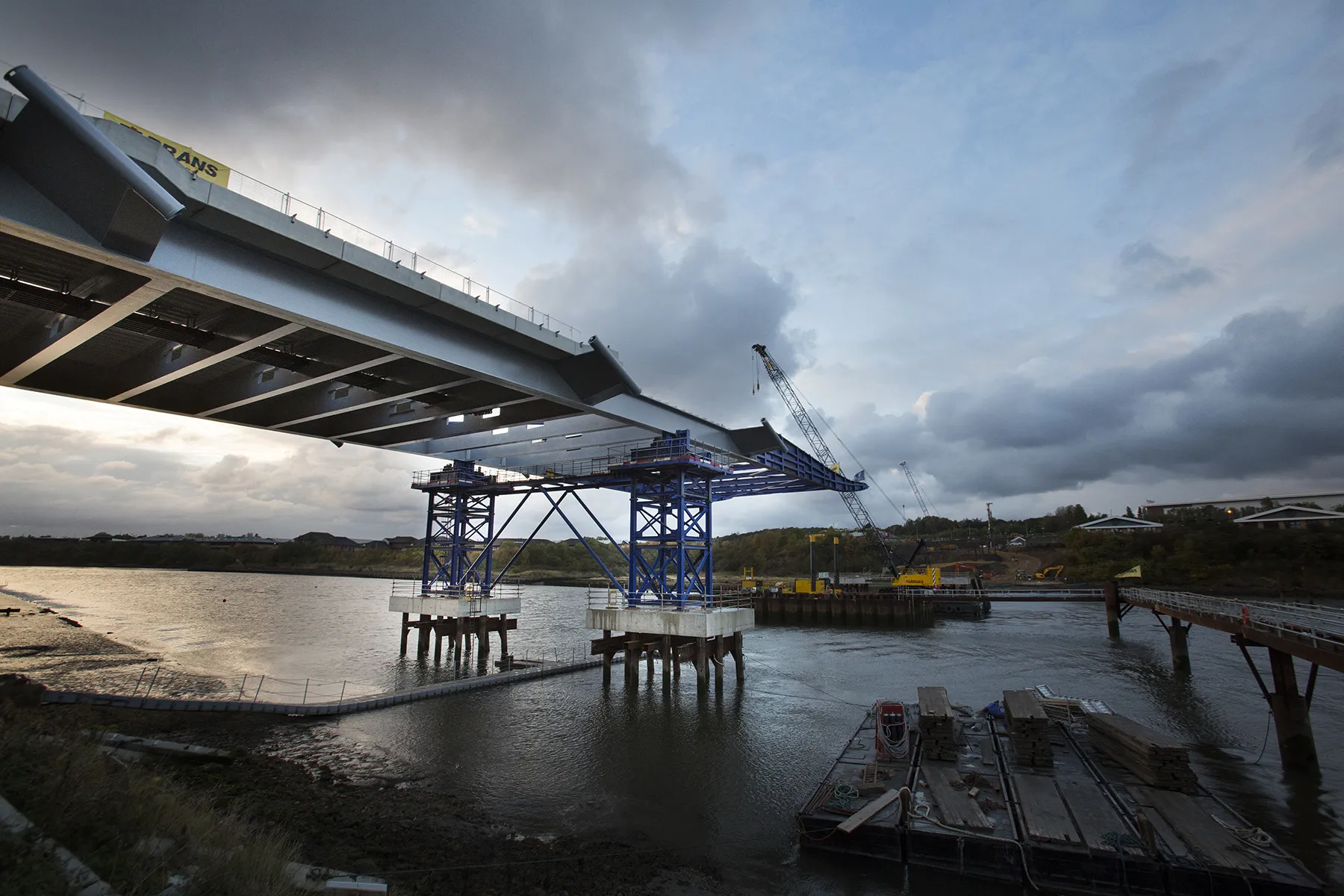UK capital London is taking further steps to reduce pollution with the introduction of an <%$Linker:
The ULEZ will operate 24 hours/day, seven days/week in the same area as the current Congestion Charging zone (CCZ) from 7th September 2020. All cars, motorcycles, vans, minibuses and heavy vehicles will need to meet emission standards (ULEZ standards) or pay an additional daily charge to travel within the zone. In addition, all double deck buses operating in central London will be hybrid and all single deck will be zero emission (electric or hydrogen fuelled) by this time.
Some changes have been made to the original proposals. Vehicles which are registered as for disabled or are in the disabled passenger vehicle tax class, will be granted a three year sunset period with a 100% discount, up until 6th September 2023. In addition, certain vehicles class as being historic registered prior to 1973 will be exempt.







